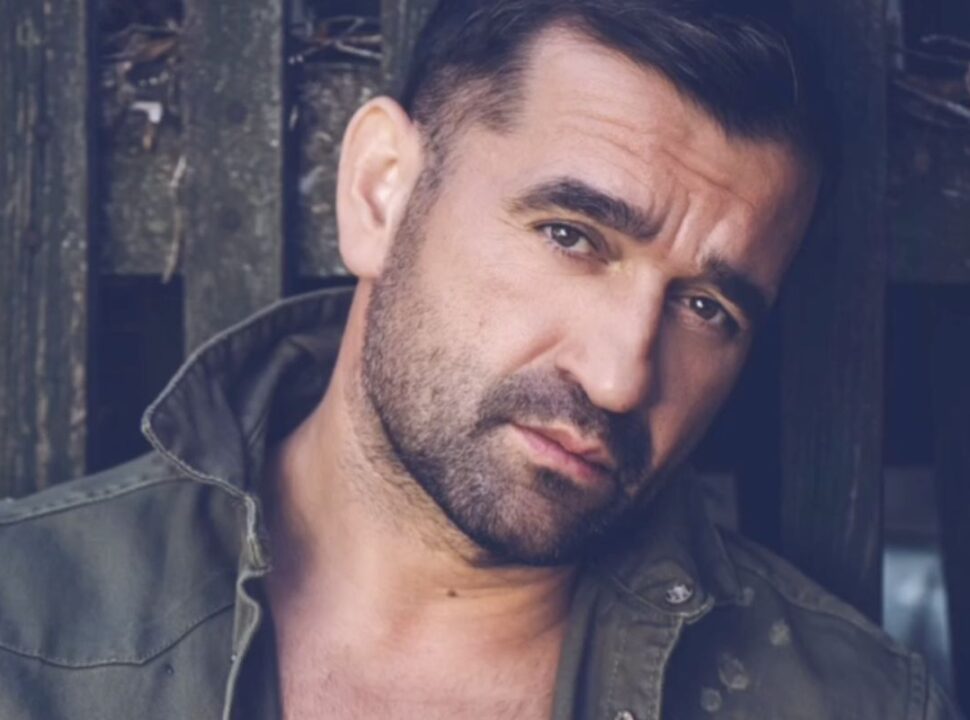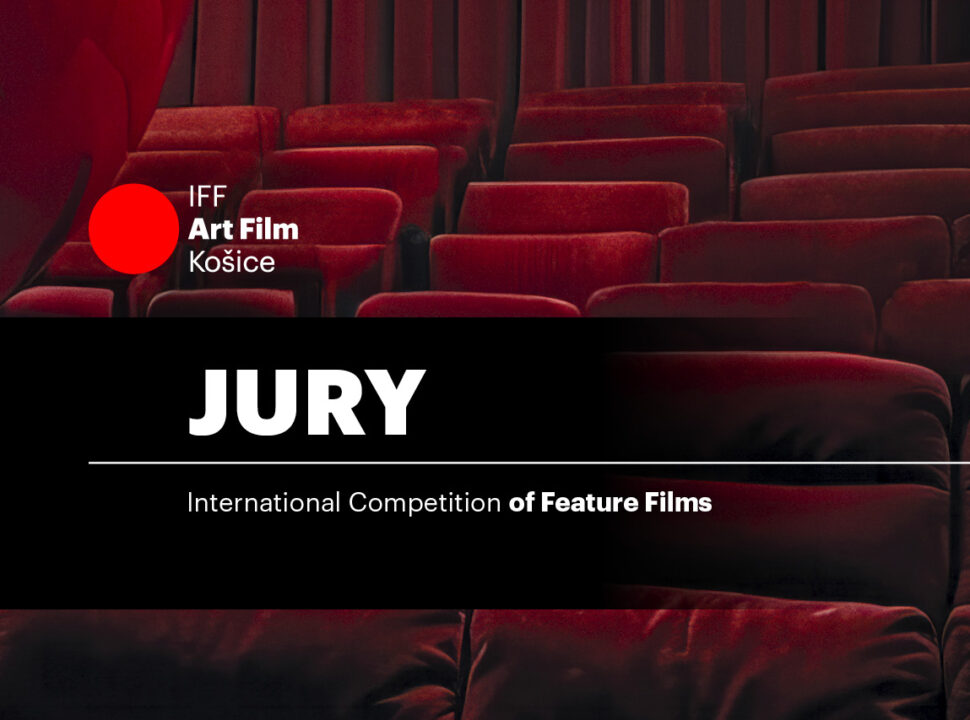“I don’t make controversial films,” says director Ulrich Seidl, who will accept the Golden Camera at Art Film Fest today. In his view, it’s more that he depicts subjects many people find unpleasant, and that is what leads to controversy.
You used to be a primarily documentary filmmaker. How did you end up focusing more on fiction films?
Even in my earlier films, I always crossed the line between documentary and fiction. Though for me, the most important thing is that I can make films freely.
Does fiction filmmaking offer you more freedom?
Definitely. The fact is that with a documentary, you can’t always tell the whole story. You can’t, for example, allow people to die. But my fiction films are still strongly tied to reality. They’re always based on real life.
You must enjoy blurring the lines between documentary and fiction.
Naturally it’s a good thing when there aren’t rigid rules, like the ones according to which they demanded I remake my first film at the Vienna Film Academy 20 years ago. At that time I was already crossing boundaries in ways that are routine for today’s filmmakers. But in the end, the most important thing is that what happens onscreen is convincing. At that point the boundaries of genre cease to play a role.
How do you look for topics for your films?
I roam the world with open eyes.
And when do subjects interest you?
That varies a great deal. I discover subjects when I meet people or have experiences. And then there are those that are simply there, like the subject of the film Paradise: Love. Sex tourism is a topic I personally don’t have to seek out. What’s more, it’s also an issue that can reflect globalization, the relationship between developing countries and rich ones. And sometimes a theme surfaces while shooting a different film. When I was working on Jesus, You Know, for example, I found the theme for Paradise: Faith.
The Paradise trilogy was originally supposed to be a single film; why did it end up as three?
Because I shot too much footage.
Did you simply not want it to go to waste?
I always try to determine the best way to artistically render my subject matter using the material at my disposal. And in the case of the “Paradise trilogy”, I originally shot a single long film, as I’d planned. It was six hours long and consisted of the parallel stories of three women. Six hours wouldn’t be so bad if all three chapters didn’t contain such powerful scenes. It would have worn audiences out. On top of that, they didn’t bolster one another; in fact, they were weaker as a whole. So I split them up.
Many artists try to fathom that which makes us human through their work. Is that true in your case?
Once someone asked me why I make films. My answer consisted of seven sentences, and I can no longer remember exactly how they went. But surely one of them was that I want to understand man. Mind you I also make films to battle with life and, for example, overcome fear.
Is it man’s bizarre aspects that you aim to reveal, or more our ordinary ones?
In my opinion, most important is that I have something to say. Something that will persuade everyone. In many of my male characters, I even find myself.
Would you say filmmaking teaches you most of all about yourself?
No. But if you’re truly honest with yourself, you’ll find your reflection even in the rarest of things. And that’s what interests me. I see myself in the characters of the “Paradise trilogy”, too, which is about women and their attempts to fulfil their desires. Even though they are female characters, I have to be able to see myself in their shoes.
Juraj Fellegi



